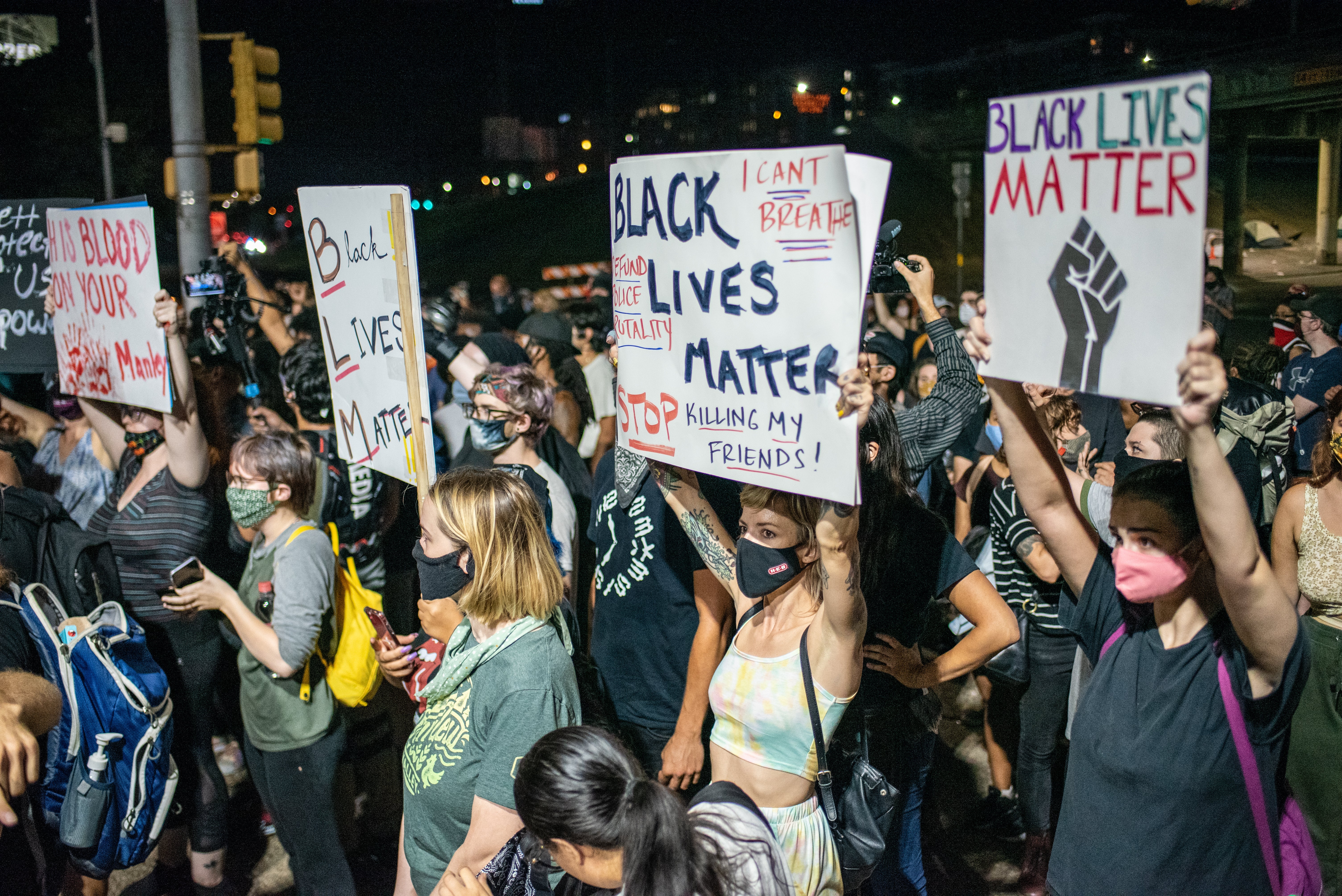Texas governor signs bill limiting how schools can teach children about racism
At least 15 states have tried banning ‘critical race theory’

Your support helps us to tell the story
From reproductive rights to climate change to Big Tech, The Independent is on the ground when the story is developing. Whether it's investigating the financials of Elon Musk's pro-Trump PAC or producing our latest documentary, 'The A Word', which shines a light on the American women fighting for reproductive rights, we know how important it is to parse out the facts from the messaging.
At such a critical moment in US history, we need reporters on the ground. Your donation allows us to keep sending journalists to speak to both sides of the story.
The Independent is trusted by Americans across the entire political spectrum. And unlike many other quality news outlets, we choose not to lock Americans out of our reporting and analysis with paywalls. We believe quality journalism should be available to everyone, paid for by those who can afford it.
Your support makes all the difference.The Texas governor on Tuesday signed a bill into law banning the teaching of “critical race theory” in public schools, the latest in a wide-ranging conservative effort to limit explicit discussion of US racism in school.
The bill, which was widely opposed by teacher groups and goes into effect on 1 September, outlaws the teaching of a “critical race theory” (CRT), a legal school of thought that emerged in the 1970s, in which scholars considered the influence of race on law and policy following the abolishment of explicit legal segregation.
The Texas bill also encourages teachers to “give deference to both sides” when discussing current events with students, bans them from giving extra credit to students for civic activities like attending a protest, and prevents teachers from using materials from The New York Times’ “1619 Project,” a collection of essays and education materials examining the long influence of slavery and systemic racism on America.
Teaching and education organisations, many which don’t have an explicit position on CRT itself, opposed the measure.
“These bills try to ignore or downplay the racism, sexism and other injustices in our state’s and nation’s history, but students must be encouraged to fully explore and understand those injustices if Texas is to provide an equitable future for a rapidly diversifying population,” Clay Robison, from the Texas State Teachers Association, told the Texas Tribune.
Texas lieutenant governor Dan Patrick, a supporter of the bill, argued in an endorsement statement that it would combat “‘woke’ philosophies that maintain that one race or sex is inherently superior to another race or sex or that any individual, by virtue of his or her race or sex, is inherently racist, sexist or oppressive,” even though those concepts are not part of CRT or broader anti-racist education. Other backers of the bill say it retains focus on “traditional history, focusing on the ideas that make our country great”.
Over the last year, as protesters across the country took to the streets demanding racial justice, CRT has become a major culture war issue on the right as discussions of racism have become more commonplace, and at least 15 red states have tried banning CRT in schools. That’s even though the Republican party has sought to claim the mantle as the defenders of free speech, and opponents of punishing people for what they believed under an alleged liberal “cancel culture”.
In September, the Trump administration banned federal spending on trainings or other activities about CRT, “white privilege,” and other “divisive concepts,” which it called a “propaganda effort”.
Other major conservative power centres, like the Heritage Foundation, have created toolkits for opposing CRT.
The concept quickly caught on, with Florida governor Ron DeSantis banning CRT because he believed it was about “teaching kids to hate their country and to hate each other”. Republican senator Tom Cotton has argued that teaching CRT, which seeks to understand how race and racism impact society, is itself “racist”.
Christopher Rufo, a fellow at the right-leaning think tank the Manhattan Institute, has acknowledged that some of the right’s embrace of opposing CRT is a cynical political ploy.
“The goal is to have the public read something crazy in the newspaper and immediately think ‘critical race theory,’” he tweeted in March. “We have decodified the term and will recodify it to annex the entire range of cultural constructions that are unpopular with Americans.”
Civil rights advocates warn that the cumulative impact of these efforts and legislation could chill free speech in the classroom.
“Their language is broad enough,” Emerson Sykes, a senior staff attorney with the American Civil Liberties Union’s Speech, Privacy, and Technology Project, told Stateline, adding “that an overzealous investigator or enforcer could easily implicate all kinds of discussions that are about what has actually happened in this country and what’s actually ongoing.”
Subscribe to Independent Premium to bookmark this article
Want to bookmark your favourite articles and stories to read or reference later? Start your Independent Premium subscription today.
Join our commenting forum
Join thought-provoking conversations, follow other Independent readers and see their replies
Comments